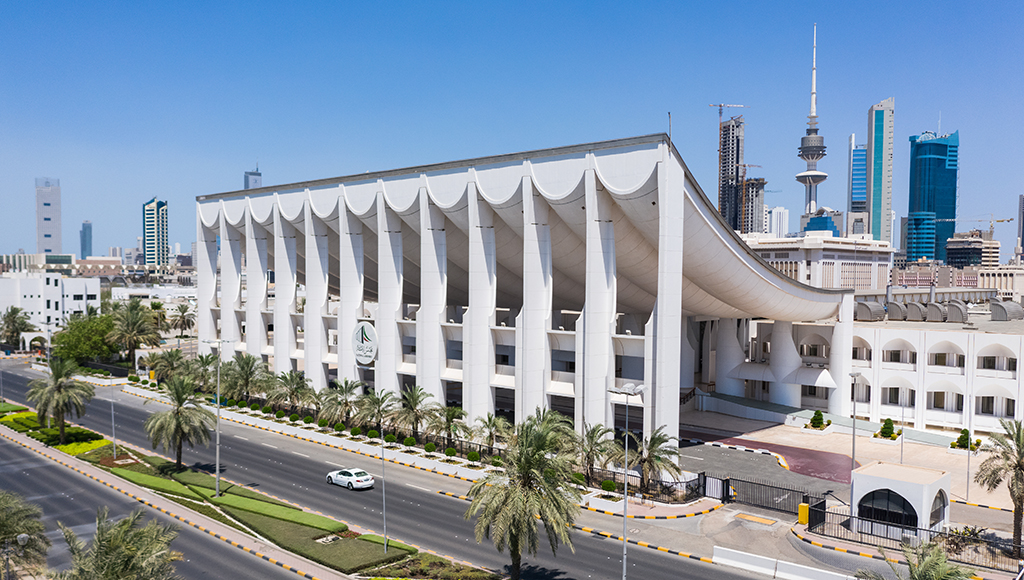By B Izzak
KUWAIT: The National Assembly Budgets Committee met yesterday with Finance Minister Abdulwahab Al-Rasheed to sort out objections on the state budget for fiscal year 2022/2023 raised by lawmakers on Tuesday. Head of the committee MP Adel Al-Damkhi said that it was agreed with the minister to add some KD 420 million to the budget to account for additional payments to employees.
KD 300 million will be allocated to government employees who want to cash their annual leaves after an earlier decision allowing them to do so, Damkhi said. Under the decision, employees can "sell" up to 120 days of accumulated annual leave every calendar year. Damkhi added that the committee passed a recommendation that Kuwaiti employees in the government should be given priority to cash their annual leave. KD 120 million will be allocated for delayed payments to frontline workers who worked during the coronavirus pandemic.
Based on the new additions yesterday, the budget is likely to post yet another deficit. The initial budget projected a surplus of over KD 300 million due to the sharp rise in oil revenues, but the new additions will wipe out the surplus. Damkhi said that the final report of the budget will be approved on Sunday to be ready for debate at the National Assembly next Tuesday.
In the meantime, MP Mubarak Al-Tasha said he will submit draft legislation allowing people to challenge verdicts issued by judges after the Court of Appeal sentenced seven judges to jail terms and hefty fines after convicting them of accepting bribes from an Iranian businessman.
The court sentenced seven judges to seven years in jail each and fined them hundreds of thousands of dinars. Some of them were dismissed from their jobs. The court acquitted one judge. This is the first time in Kuwait's history that a judge had been sentenced to jail term over bribery charges. The court also sentenced the Iranian businessman to 10 years in jail and fined him KD 500,000. It also sentenced a Kuwaiti businessman to four years in jail and a lawyer to 10 years in jail and a fine of KD 112,000. The verdicts can be challenged before the Court of Cassation, whose rulings are final.











